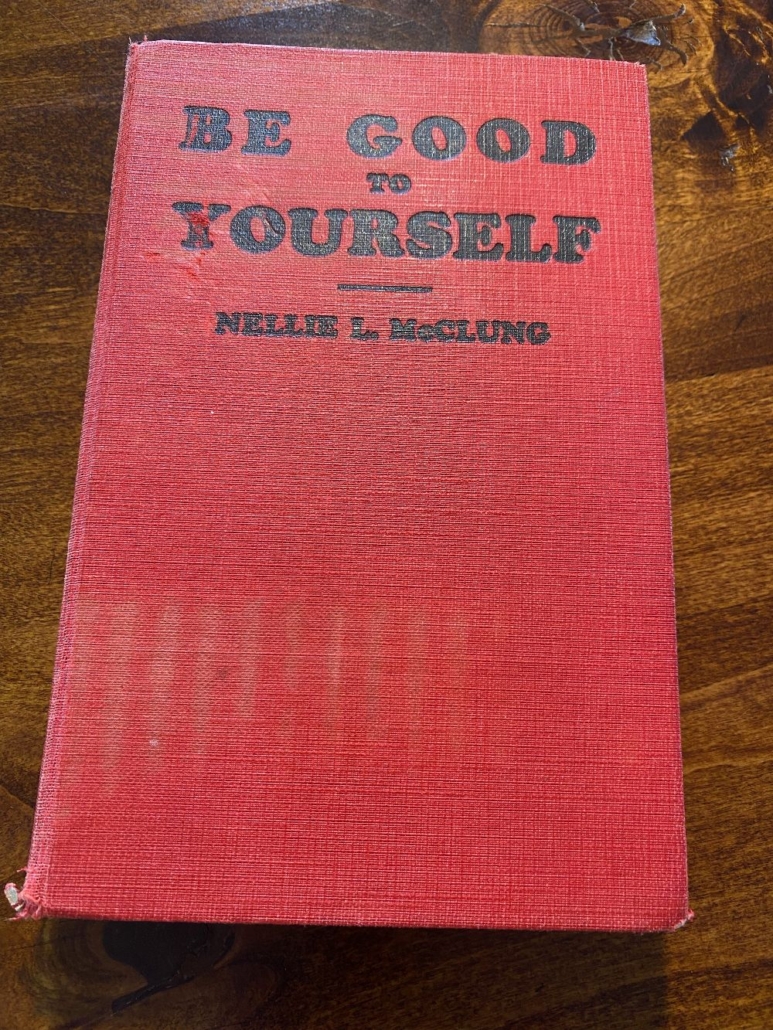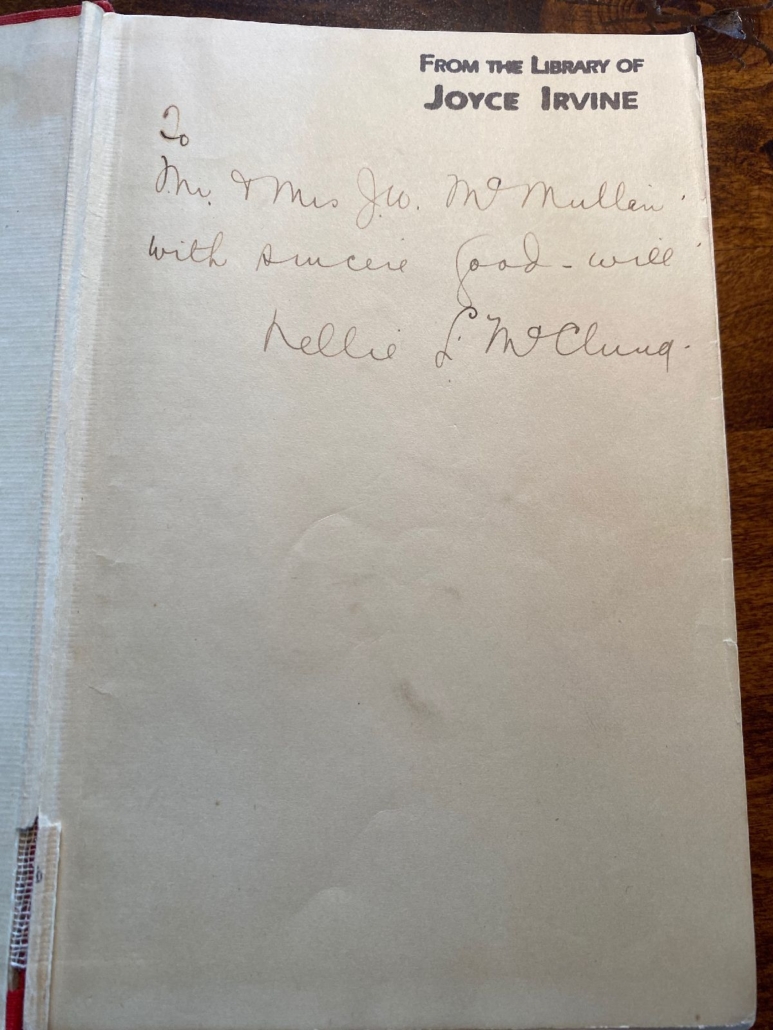DIVERSIFYING YOUR IDENTITY: A Key To Becoming Resilient
For several months I’d been helping a client prepare for a speech she was to present to one of her important clients. Knowing that this one presentation could be a key to leveraging her career, she put all her energy, including many coaching sessions and a great financial investment, into the crafting of the speech.
It resulted in an incredible delivery that far exceeded her client’s expectations. However, she received one small piece of corrective feedback and went into a dark funk for days. She became so despondent she considered walking away from her entire career.
After a long debrief about the experience, we explored the trap of putting our identity and worth into one facet of our lives. Like our financial net worth, we’re vulnerable and even fragile if it’s all in one basket. What happens when our entire life is defined by our work, and we retire? What happens if our identity is in raising our kids, when our kids leave home? What happens when our worth is attached to a healthy, strong body, and you become injured or get old? What happens when your worth is attached to your position on a board of directors and your tenure comes due? What happens if our identity is tied entirely to our possessions, and a fire destroys our home and everything in it?
Diversifying your identity, a concept I first learned from Brad Stulberg, is parallel to diversifying your financial investment portfolio. If you place your investments with a mix of stocks, bonds, international companies, and domestic companies, when one goes down, another one might be going up or staying stable.
The story of world record holder speed skater Nils van der Poel illustrates what it means to diversify your identity. Prior to his phenomenal performance at the 2022 games, Nils was struggling. He wasn’t performing at his best. When he stopped and reflected on what was going on, he realized that every time he stepped onto the oval to compete, fear began to consume him because his entire identity was derived from speed skating. This singular identity resulted in excessive, destructive pressure. Nils van der Poel as a person was synonymous with the results he generated on the ice.
Nils decided to create a strategy to diversify his identity. During the week, he trained with the same level of commitment and intensity. On the weekdays he remained a world class athlete. However, on the weekends he stepped back and allowed himself to be a person away from speed skating. He started hanging out with friends who weren’t athletes. He started going out for beer and pizza. He went bowling. He went on hikes. It wasn’t just giving his body a rest. He was giving his mind a rest. As he diversified his identity, he developed a sense of worth beyond speed skating. No longer was he just Van der Poel “the speed skater.” He was Nils Van der Poel, the friend, the community member, the man who loved hiking in the mountains.
Not only was Nils preparing for life after his sport, diversifying his identity also allowed him to come to the ice with less fear. He started to race with greater ease and joy. He was more relaxed. He was less attached to having to win to prove his worth because he had an identity away from the ice. And, at the 2022 Winter Olympics in Beijing, van der Poel, paradoxically, went on to win two gold medals and set a world record.
Identity diversification isn’t just good for sport. Many great difference makers were diversified. Da Vinci wasn’t just an artist. He was also a mathematician, inventor, and writer. Eleanor Roosevelt was a writer and great humanitarian. A well-worn fiddle case accompanied Einstein wherever he went. Diversifying your identity builds resilience by becoming a more well-rounded person. It also strengthens your primary path of focus.
Reflect on what you might be overly identified with at the present time. Where is there vulnerability, fragility, and unnecessary pressure from being overly attached to one identity? Where is there a need for “identity diversification?” What relationships might you be neglecting? Where might you need to let go of some over-attachment to roles you currently have? What is something in a totally unrelated field you could learn about that would enrich your life? What hobbies could be developed? Where is there an opportunity to do some service in your community – beyond your current role?
My client turned her experience into a learning opportunity. While she did take her career to a new level with an amazing presentation, after an extended holiday following the experience, she came back more well-rounded and committed to continue to work on diversifying her identity – with much more joy and greater resilience.





